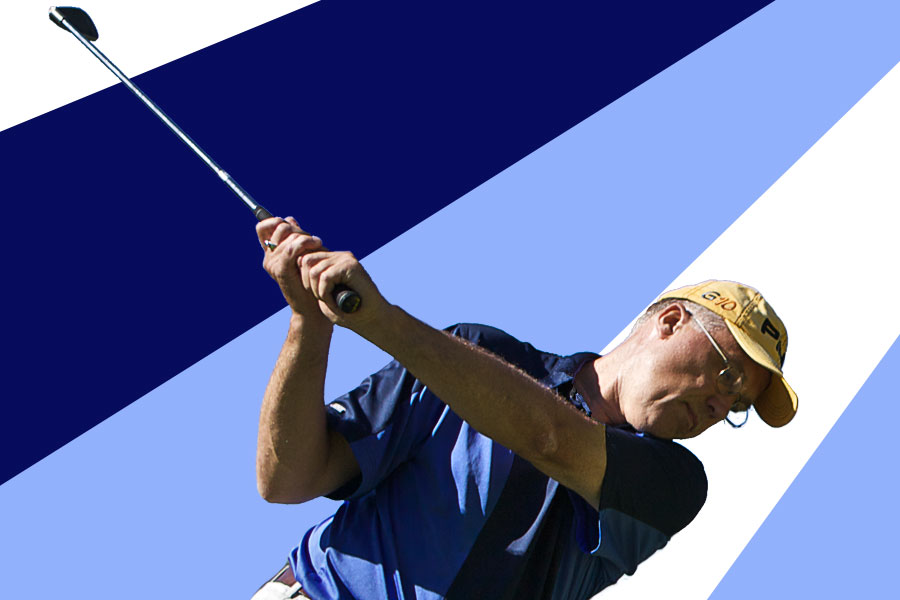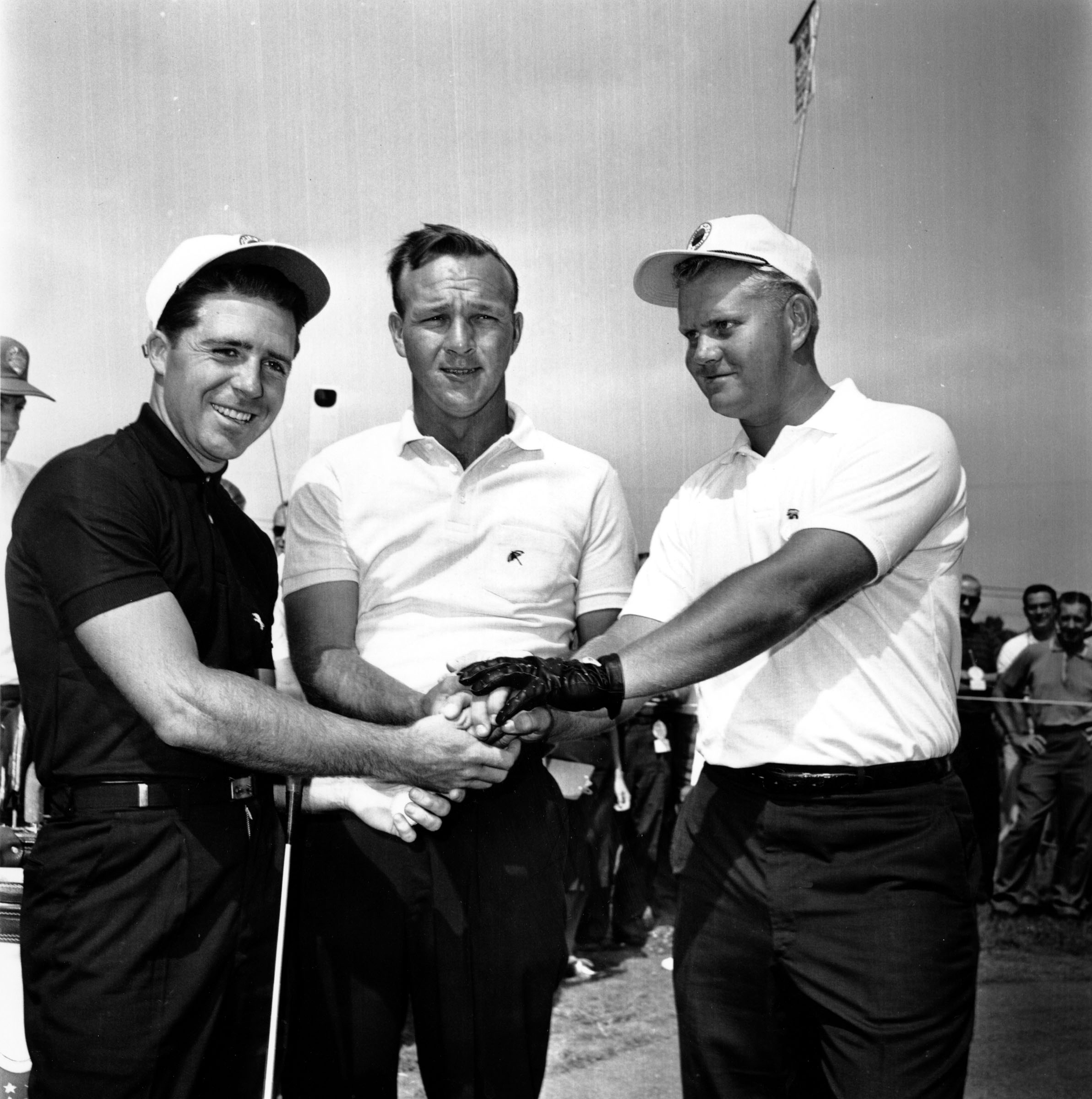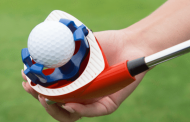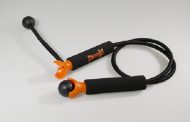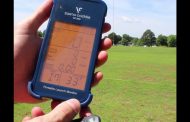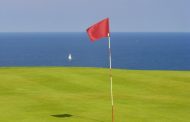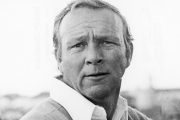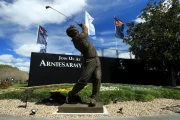I often talk about the effects of ball position. Most players assume that to draw the ball you move it back and to fade you move it forward. That is true for players who push the golf club – but for players who pull the club it’s a disaster.
Players who pull the club are using an effect very similar to that of a door opening and closing. So the farther forward you position the ball, the more it will draw. But there are several other factors you must consider in positioning the ball:
Golf-club design: Every club has only one straight-away flight position, and it’s up to the player to find out where that is.
Hand speed: Players with fast hands should position the ball farther back, those with slow hands more forward.
Downstroke plane angle: Flatter angle, move the ball back. More upright, move the ball forward.
Forget your feet: The ball must be placed in relationship to the upper body, not the feet. The precise low point of the stroke is the outside edge of the target-side shoulder, so the shoulder should be the reference point for all ball placements.
The space between your feet can change in the course of a round, but your shoulder span will never change.
If you position the ball “off the left heel” but the feet are in a narrow position, the impact point of the ball is effectively moved toward the left side of the chest. If the stance is wider than the shoulders, the impact point is outside the low point.
How do you determine the low point? Hold a club by the grip end and let it hang straight down vertically. That’s the low point.
While holding the end, move the clubhead to the right (if you’re right-handed). This is prior to the low point, so the club is moving downward. Now move the clubhead to the left, past vertical. This is after the low point and the club is now moving upward.
Remember, you can have perfect mechanics but poor ball position, in which case you won’t be able to control your ball.
Chuck Evans – Executive Director of Instruction – Medicus Golf Institute


